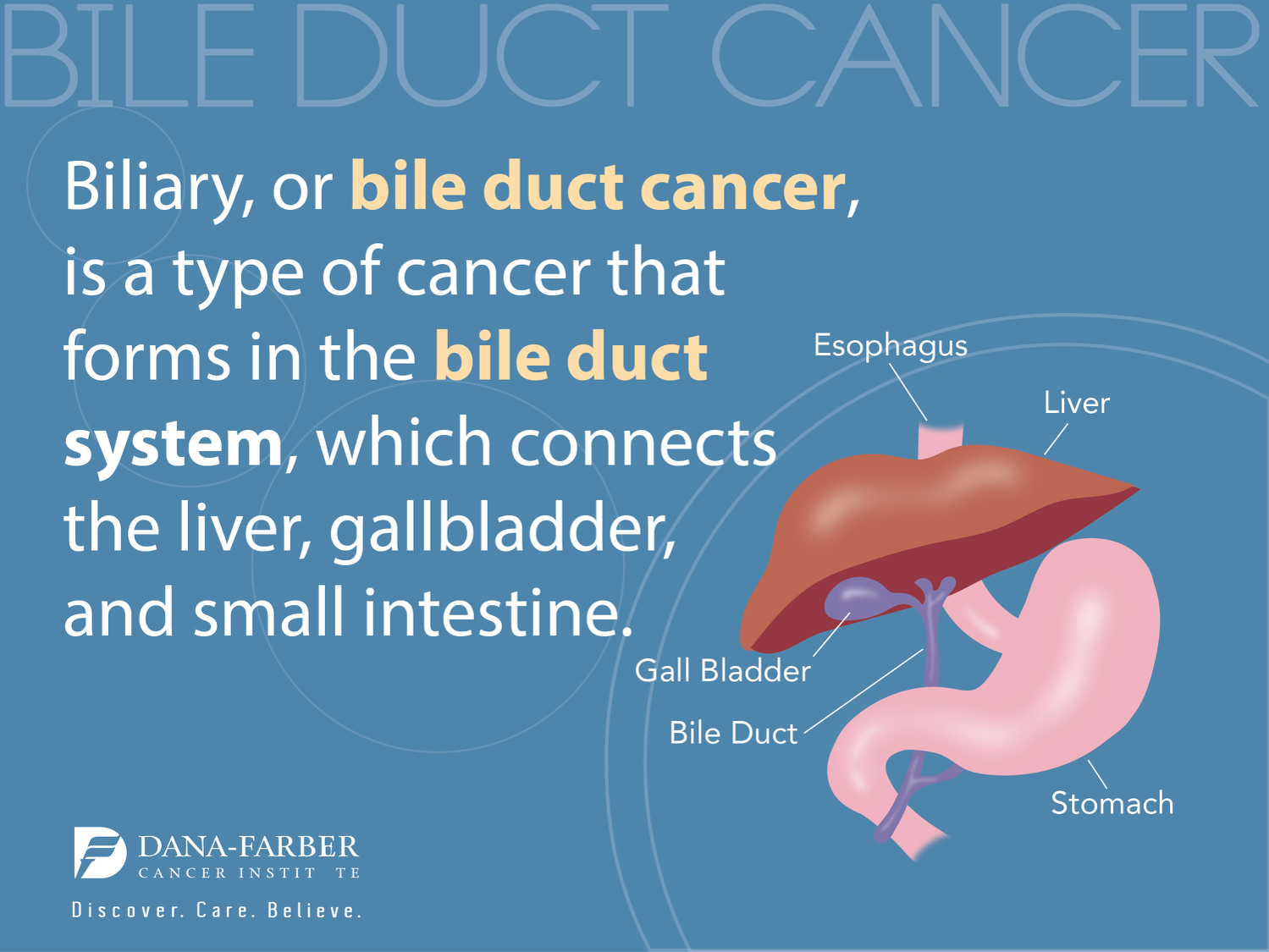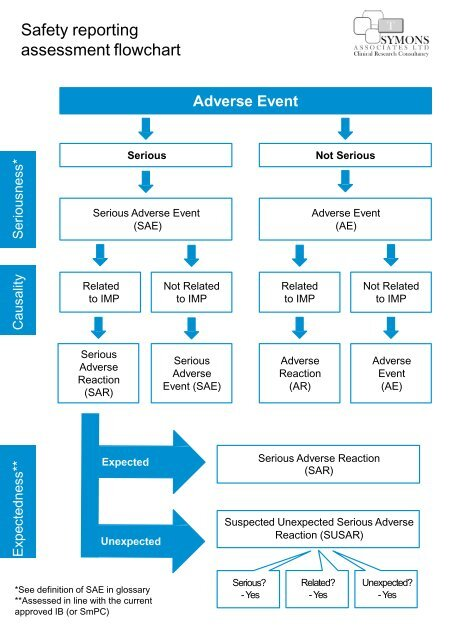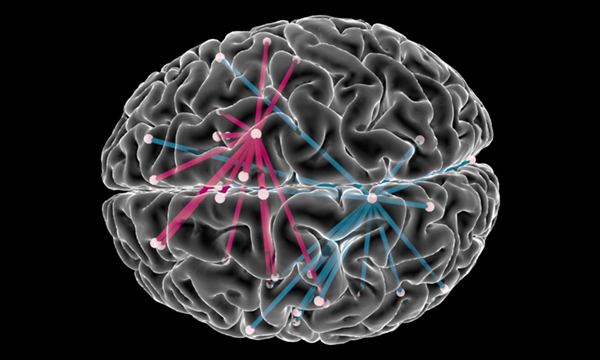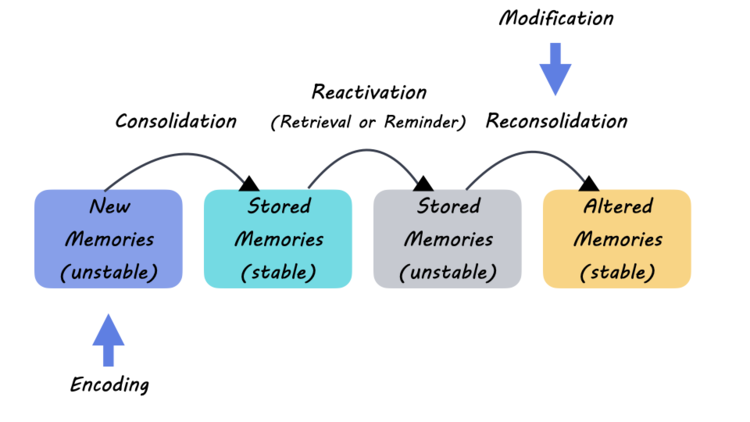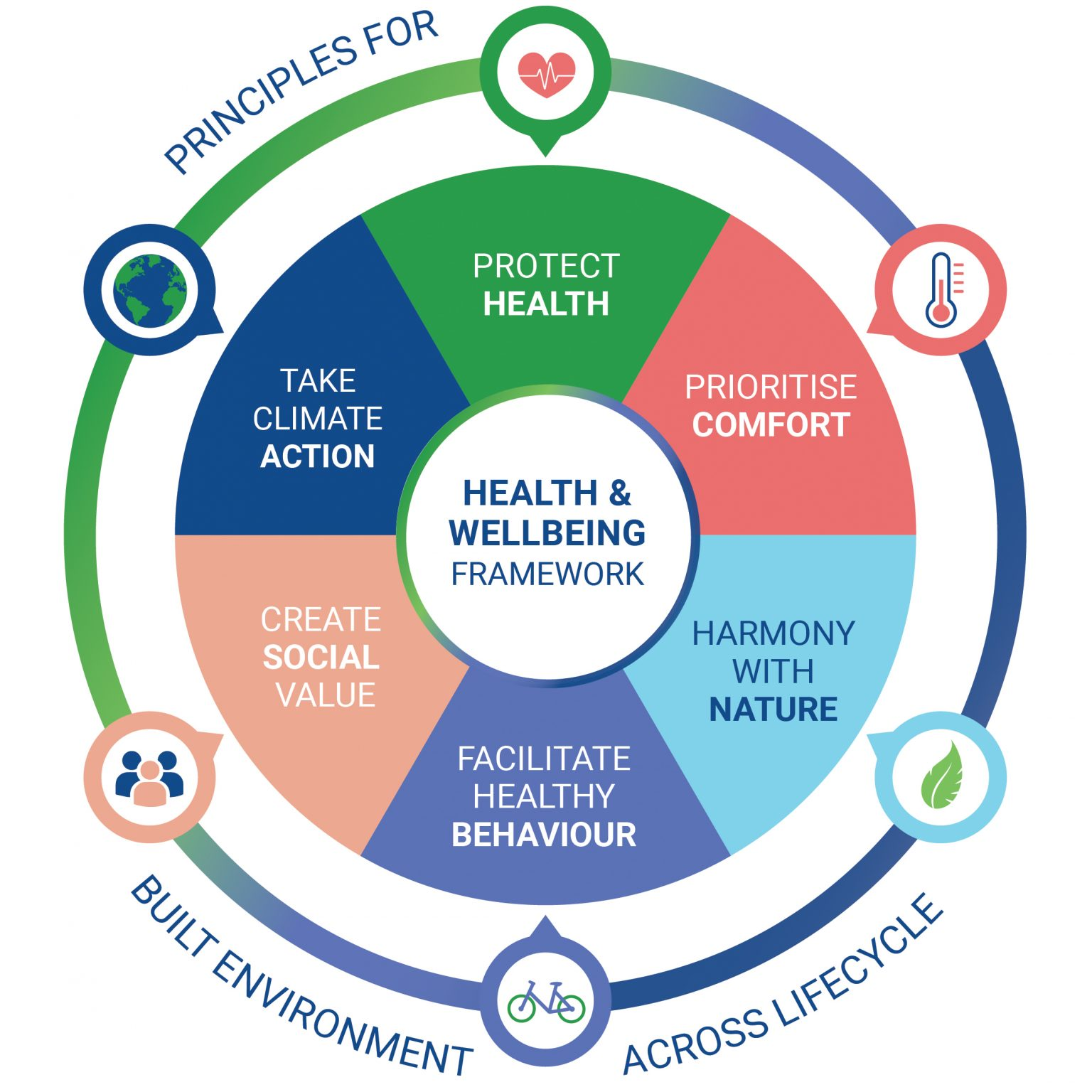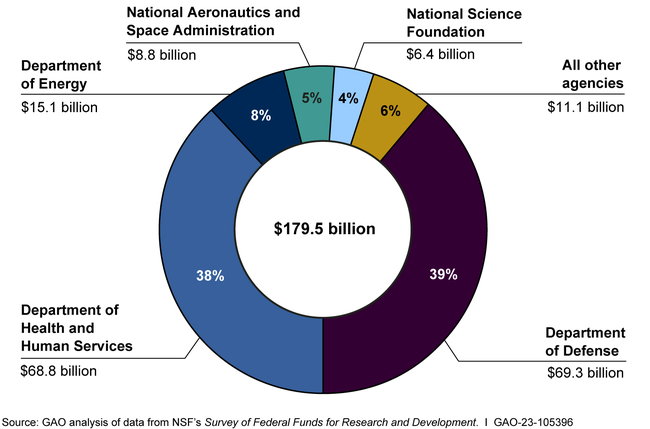Month: May 2025
Vaping Cessation: FDA-Approved Pill Boosts Success for Teens
In recent years, vaping cessation has emerged as a critical public health focus, particularly among young people.A groundbreaking study from Harvard-affiliated Mass General Brigham highlights how the FDA-approved pill, varenicline, can significantly enhance the chances of teens quitting vaping.
Bile Imbalance Linked to Liver Cancer: Key Insights Revealed
Bile imbalance liver cancer emerges as a critical concern in the field of liver disease research, particularly due to its connection with hepatocellular carcinoma (HCC), the most prevalent form of liver cancer.Recent studies have highlighted how irregularities in bile acid production, vital for digestion, can lead to severe liver ailments.
Ethical Issues in Gene Editing: What to Consider
Ethical issues in gene editing have emerged as crucial topics of debate in contemporary biomedical discussions, particularly as scientists harness CRISPR technology to potentially eradicate genetic diseases.With the advent of gene editing, controversial questions arise about the morality of altering human DNA to prevent conditions like sickle cell anemia.
Medical Research Safety: How Funding Cuts Affect Patients
Medical research safety is paramount in protecting the integrity of clinical trials and the well-being of participants.As federal funding cuts threaten vital oversight mechanisms, it becomes crucial to understand the impact on patient safety and research ethics.
Neuroscience Research: Mapping Memory Formation Breakthroughs
Neuroscience research is at the forefront of understanding the complex mechanisms behind learning and memory formation, providing critical insights into how the brain functions.With innovations in techniques like those developed by Harvard researchers, the mapping of synaptic plasticity becomes clearer, allowing us to investigate the molecular foundations behind cognitive processes.
Memory Formation Techniques: Harvard’s Breakthrough Insight
Memory formation techniques are essential tools that enhance our understanding of how memories are created and retained within the brain.Recent innovations in this field, such as the groundbreaking EPSILON method developed by Harvard researchers, have opened new avenues for exploring the molecular underpinnings of learning and memory.
Microglial Cells: Key to Understanding Alzheimer’s Disease
Microglial cells are critical components of the brain’s immune system, acting as sentinels that monitor and maintain the health of neural environments.These specialized cells perform essential functions such as removing debris, combating inflammation, and facilitating synaptic pruning – the process of refining neural connections vital for cognitive function.
Global Well-Being: New Insights on Youth Flourishing
In today’s interconnected world, global well-being has emerged as a critical focus for researchers and policymakers alike.Numerous studies suggest that the overall health and happiness of populations are intricately linked to factors such as economic development and youth well-being.
Federal Grants for Health Research: Securing Essential Funding
Federal grants for health research play a pivotal role in advancing our understanding of various health issues, making them a crucial lifeline for public health researchers.These grants enable scientists to tackle pressing challenges like cancer and nutrition, funding studies that ultimately contribute to improving health outcomes for society.
Global Health: Gawande Highlights USAID’s Devastating Impact
Global health has never been more crucial, serving as a vital metric for our collective well-being, both locally and globally.With the recent dismantling of key health programs, the echoes of Atul Gawande’s insights highlight the urgent need for rejuvenated global health leadership.

